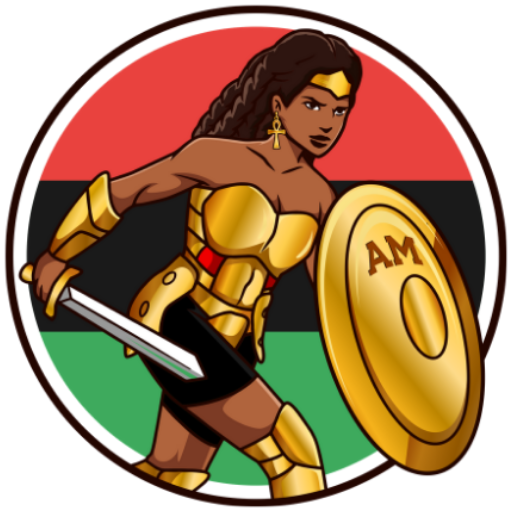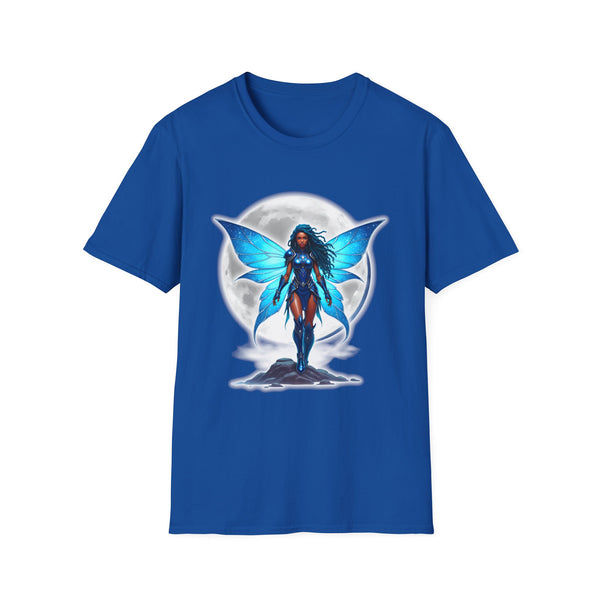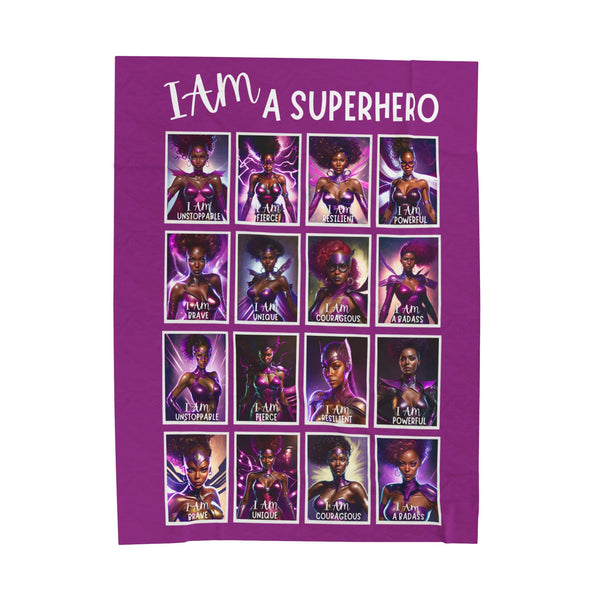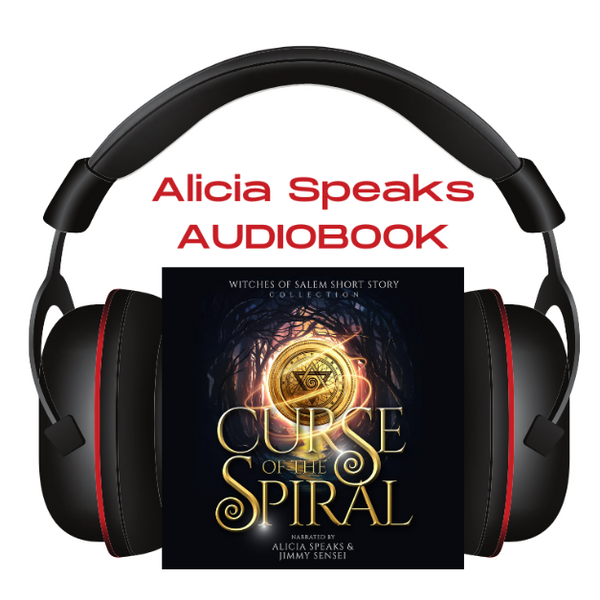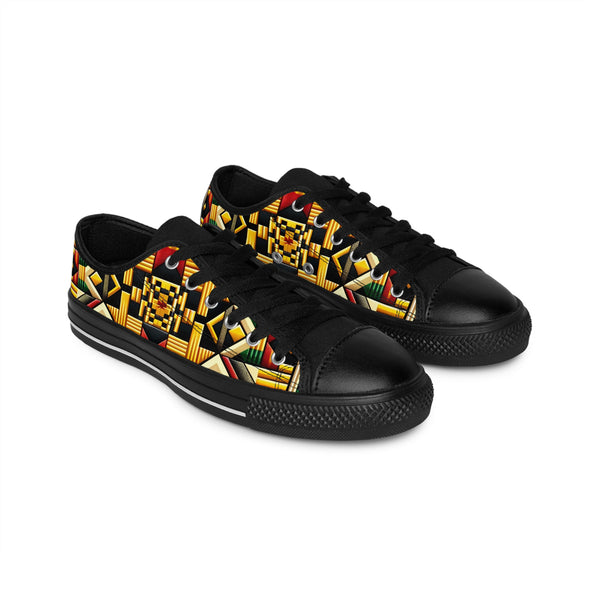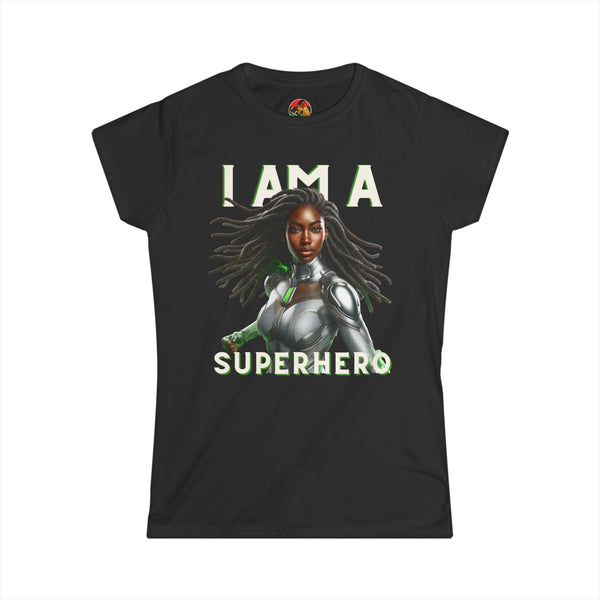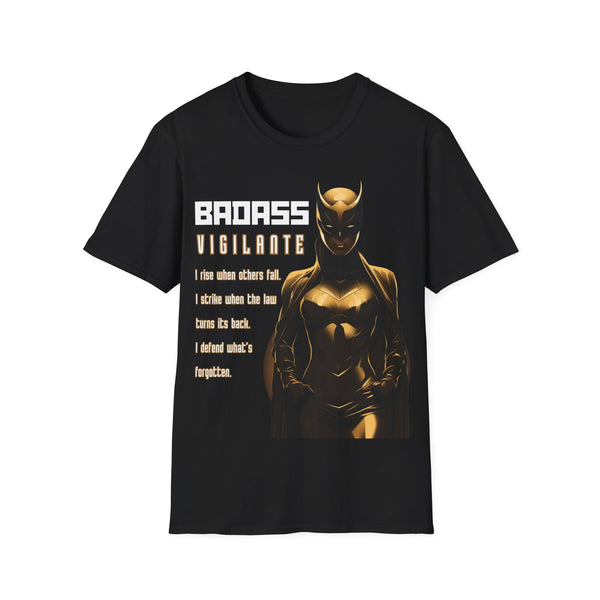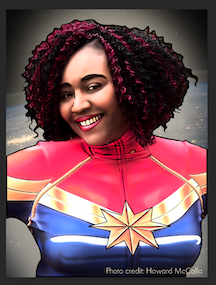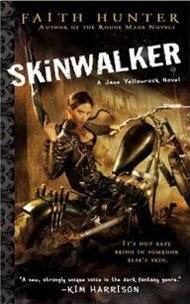
Race Matters: Showing Race and Racial Issues is Important
Share
So, I like it when an author puts race in front of my eyes. I enjoy visualizing what a character looks like, race and all. When it's done correctly, the experience can deepen the reader's relationship with the character. There are some people who say that showing race in this way is racist. They enjoy reading or writing raceless, race free, or characters of color with little or no physical description. I contend that this approach is racist.
Reading and/or creating colorless characters is racist to me because this does not acknowledge or respect the fact that there are different people in the world who look and act different from whites. Of course, I do have issues when race is done wrong and/or when the depictions of people of color are somehow demeaning. But when an author adds race and culture in a good way, I study that author. I've really enjoyed Patricia Briggs River Marked and Jennifer Estep's Spider's Bite.
Faith Hunter's Jane Yellowrock series is another one of those that I enjoy reading. I know what Jane Yellowrock looks like and she's cool, "...but I think I'm probably Cherokee. I touched my black hair, then my face with its golden brown skin and sharp American Indian nose."
I know exactly who Jane Yellowrock is and where's she coming from. Hunter also adds a variety of multicultural characters to her story. I love her depictions of New Orleans. She makes her multicultural characters well-rounded.
The last couple of weeks, I've been working on the final rounds of editing for Breaking Free. It's been an exciting adventure. It's given me the opportunity to examine the themes within my novels. What I realize is that I try to add racial issues and race in a way that enhances the plot and the characters. I certainly don't hide it. In fact, I place race, class, and gender issues upfront so the reader watches issues play out in front of their eyes. XJ's white step-sister, Heather, calls XJ a "jungle bunny." But it cuts both ways since XJ calls Heather "an uppity white girl." The race and class issues in my stories are front and center. My books will probably make some people uncomfortable but I believe that it's important to have real dialogue about race, class, and gender issues.
In Breaking Free, the readers will know exactly who's who. I believe being honest and open about racial issues in literature is one of the ways that we can begin to foster racial healing. Any thoughts?
